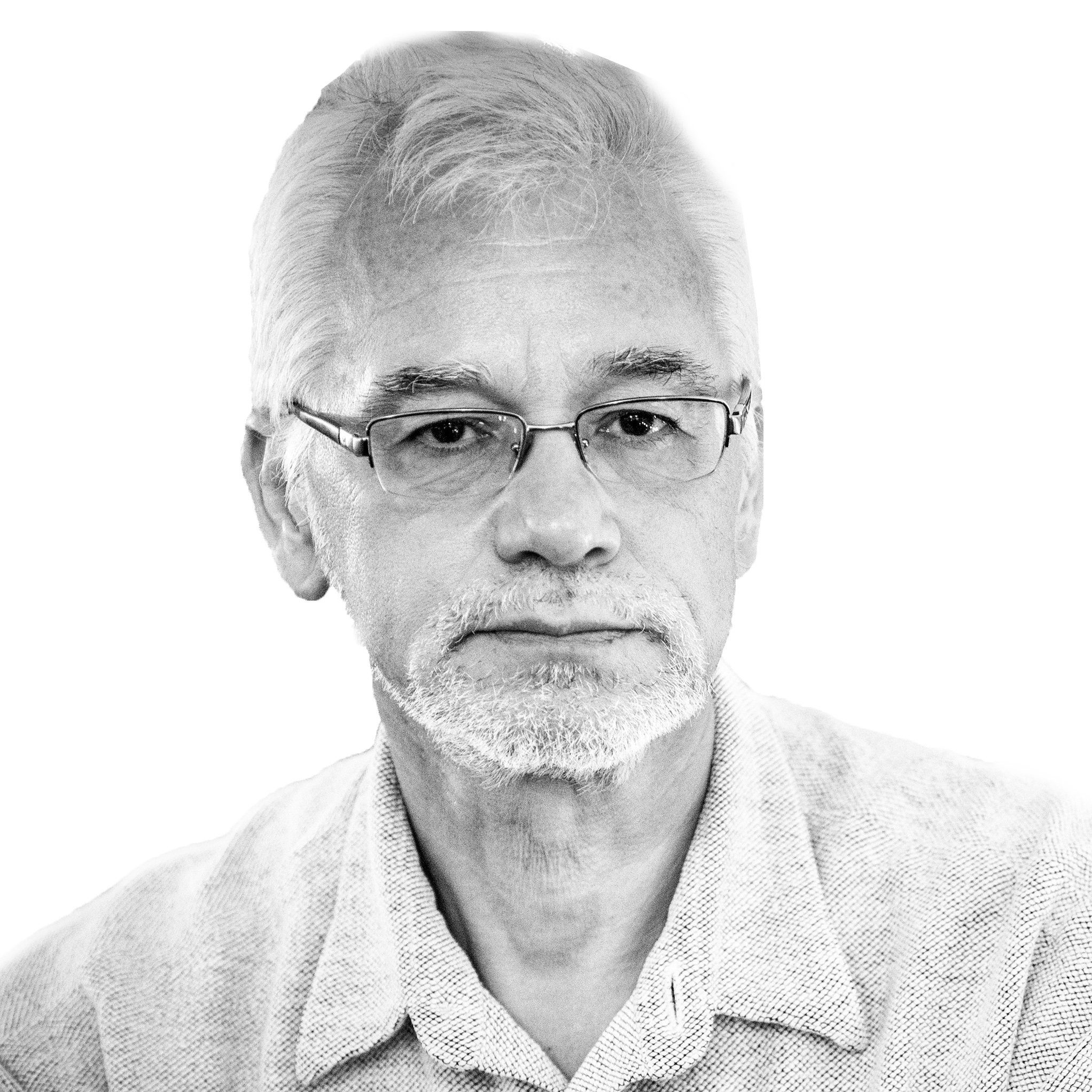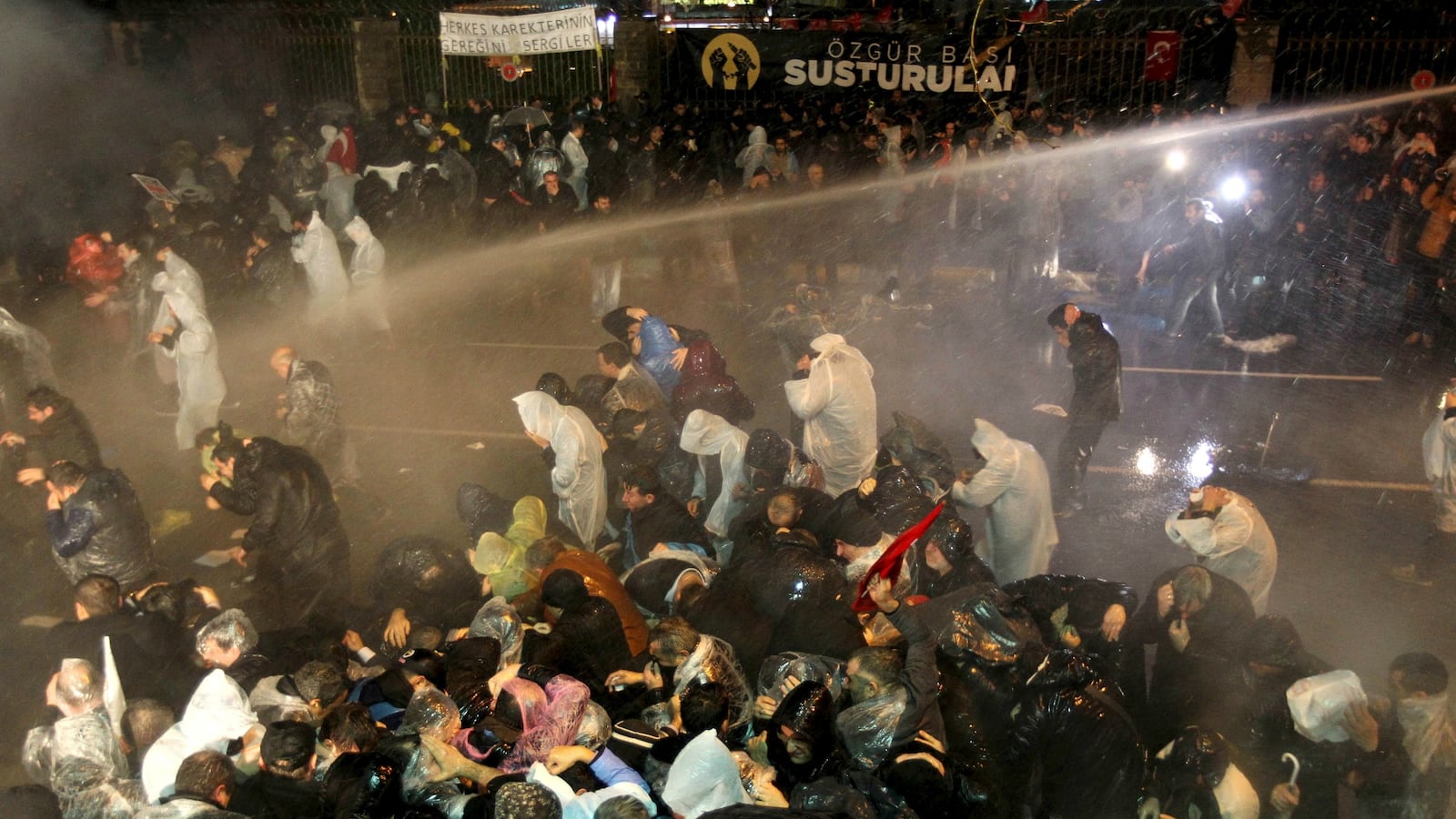ISTANBUL—Fear gripped critics of Turkey’s President Recep Tayyip Erdogan on Saturday, following the state takeover of the country’s biggest newspaper. Some believe worse is yet to come.
“Everyone is panicking,” said an employee of a company linked to the Hizmet movement of Fethullah Gulen, a U.S.-based Islamic preacher who has become the focus of Erdogan’s wrath. Zaman, the newspaper seized by authorities on Friday, has been the flagship of the Hizmet movement, which had been a long-time supporter of Erdogan’s Islamic-conservative course until a bitter break-up in 2013.
Ever since then, Erdogan has been accusing Hizmet of plotting a coup in Turkey, a charge the movement denies. Zaman’s editorial line changed along with these developments and it became one of Turkey’s leading opposition newspapers. Medyatava, a website tracking Turkish media, said Zaman was the country’s biggest selling newspaper with a circulation of around 650,000 copies in late February.
Helped by a judiciary and a police force that were purged of Gulen supporters and stacked with Erdogan backers in recent years, the president has had no problems in getting prosecutors, judges and police units to move against Gulen-linked companies.
On the day a judge in Istanbul ordered the management of Zaman to be replaced by state-appointed supervisors, police in the central Anatolian city of Kayseri detained four leading managers of Boydak Holding, a conglomerate with links to Hizmet.
Late Friday, riot police using tear gas and water cannons pushed aside protesters that had gathered in front of the Zaman building to show their solidarity with the newspaper. Zaman journalists tweeted pictures of police officers leading top editors out of their offices and of journalists who, they said, had been beaten by the police. “The constitution has been suspended,” read the headline of Zaman’s Saturday edition.
On Saturday, police erected barricades around the building. Several opposition lawmakers visited the Zaman headquarters in a show of support, but it remained unclear whether the newspaper would be published on Sunday, and in what form.
When authorities took over newspapers of the Gulen-linked Koza-Ipek group last October, dailies that used to carry scathing criticism of Erdogan morphed into publications full of pro-government flattery from one day to the next.
Erdogan’s foes see Zaman’s fate as a sign that Turkey, an EU candidate country that won praise with a string of political and judicial reforms over the last decade, has ceased to be a democracy.
“They don’t even need a reasoning any more” to move against critics, the employee of the company close to Hizmet said. Every time there was a rumor that the police were about to raid the company, people left the building in fear, he said.
“Democracy is being abandoned,” columnist Erhan Basyurt wrote in the Ozgur Dusunce newspaper, which openly takes an anti-Erdogan line. The journalists association TGF expressed a similar fear, saying in a statement that “democracy is under threat”. The newspaper also reported that one of the new managers of Zaman was a lawyer known as an Erdogan supporter.
Hasan Cemal, one of Turkey’s most respected journalists and a vocal Erdogan critic, said the seizure of Zaman by the state was another sign of the government’s “intolerance towards other voices and voices of the opposition.” Writing on the T24 news platform, which is critical of the government, Cemal said that “seizing Zaman in a midnight raid with police and tear gas is fascism.”
Sedat Laciner, a political scientist, predicted further moves against media and individuals critical of Erdogan. In a column for the Haberdar news portal, Laciner named the opposition newspaper Cumhuriyet as one likely target. In a climate in which critics are treated as alleged spies, supporters of terrorists or members of illegal structures within the state, fear is spreading among government critics, Laciner wrote. “People are even afraid to share comments by opposition supporters on social media.”
The move against Zaman is not the only case where the government shows its determination to silence critics or to put them behind bars. Erdogan says he does not respect last week’s order by the Constitutional Court to free two prominent journalists, Can Dundar and Erdem Gul, who had been in pre-trial detention because of a story about alleged arms shipments from Turkey to rebels in Syria.
Unlike other parts of the judiciary, the Constitutional Court is not yet under the control of Erdogan supporters. A majority of judges were selected by Erdogan’s predecessor, Abdullah Gul (no relation to the reporter), seen as a reformer.
After Dundar and Gul were freed, Erdogan accused the court of violating the constitution and vowed that “this business is not over,” a remark seen as a nod to pro-government members of the judiciary to move to put the two reporters behind bars again. Prosecutors could object to the Constitutional Court decision, Erdogan said.
The president has also launched a barrage of lawsuits against critics for alleged insults: according to the Justice Ministry, there are a total of 1,845 cases.
The U.S. and the EU both criticized the move against Zaman. State Department spokesman John Kirby spoke of “the latest in a series of troubling judicial and law enforcement actions by the Turkish government targeting media outlets and others critical of it,” and EU Enlargement Commissioner Johannes Hahn said he was “extremely worried.”
But both Washington and Brussels are unlikely to put much pressure on Erdogan. The U.S. needs Turkey as an ally in the fight against the so-called Islamic State in Syria. The EU, which Turkey wants to join, wants Ankara’s cooperation to deal with the refugee crisis.
In a sign of how little Erdogan cares about the EU’s likely reaction to the action against Zaman, the order to seize the newspaper was given while the president was in a meeting with EU President Donald Tusk. He and other EU officials are trying to convince Turkey to do more to stem the flow of migrants to Europe ahead of a EU Turkey summit this Monday.
While the president is piling pressure on his critics, dissidents are finding it hard to find a silver lining on a dark horizon. Many feel abandoned by the EU. Even months before the Zaman incident, Nobel Laureate Orhan Pamuk said Europe had decided to ignore the increasing crackdown on the freedom of expression in Turkey.
“They have forgotten all their values,” Pamuk told the Hurriyet daily in late January. As long as Turkey cooperated in the migrant issue, the EU’s position was that, “We don’t care what they do at home.”






